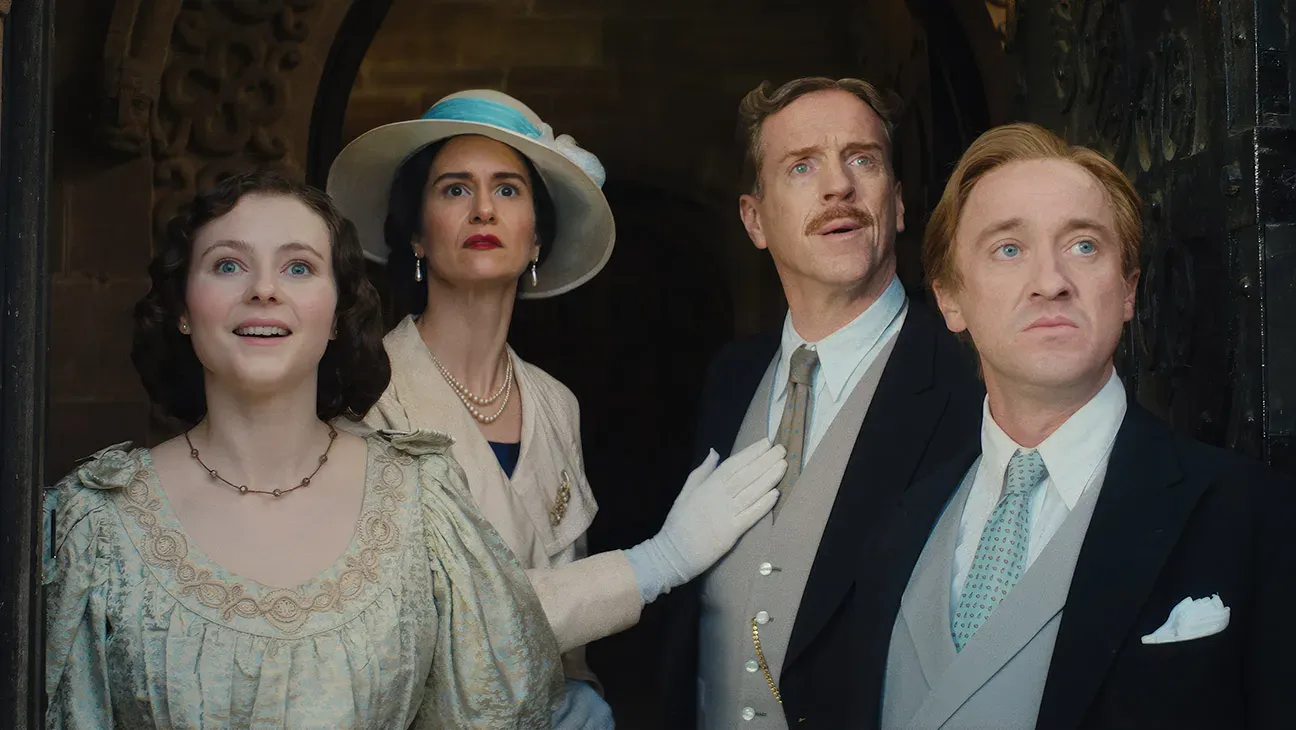
Sabbath Queen (2024) — Movie Review
- Jun 17, 2024
"Sabbath Queen" ignites heated conversations around the contentious question: "What is a Jew?" much like Sandi DuBowski’s 2001 documentary "Trembling Before G-d". This latest saga focuses on LGBTQ protagonists, their challenges in carving out space within the Orthodox Judaism they were raised in, and the controversies stirred by Amichai Lau-Lavie's public advocacy for progressive concepts like gay and interfaith marriage. His radical views have faced resistance from conservative Orthodox communities and members of his own historic rabbinical lineage.
Filmed over two decades, "Sabbath Queen” paints a complex portrait of Lau-Lavie, beginning with his officiation of a same-sex Jewish wedding ceremony in NYC in 2017. Despite being a recent graduate of Manhattan’s Jewish Theological Seminary, a principal institution for Conservative Judaism, Lau-Lavie is adamant about challenging traditional teachings and norms. His multicultural and “God-optional” spirituality, promoted through community endeavors such as Lab/Shul and the educational theatre group Storahtelling, have elicited mixed reactions.

Lau-Lavie's approach, aimed at addressing divisive voices in Judaism, attracts some criticism, even from his family. His brother, Rabbi Benny Lau, expressed disapproval, stating, “I think he is playing a game with Judaism”. "Sabbath Queen" also sheds light on Lau-Lavie’s past experiences, his emigration from Israel after non-consensual outing, self-discovery through the NYC gay club scene, co-parenting with a lesbian couple, and many others.
Unfortunately, the film's crowded narrative and swift pacing hinder it from fully engaging with Lau-Lavie's rabbinical studies, an important period in his challenge against traditional religious practices. Despite some organizational issues, the documentary accurately highlights the widening chasm between liberal Western social values and Orthodox Judaism's perceived antithesis to them. Although "Sabbath Queen" navigates this painful divide, it manages to keep the discourse within the confines of civil argument.







